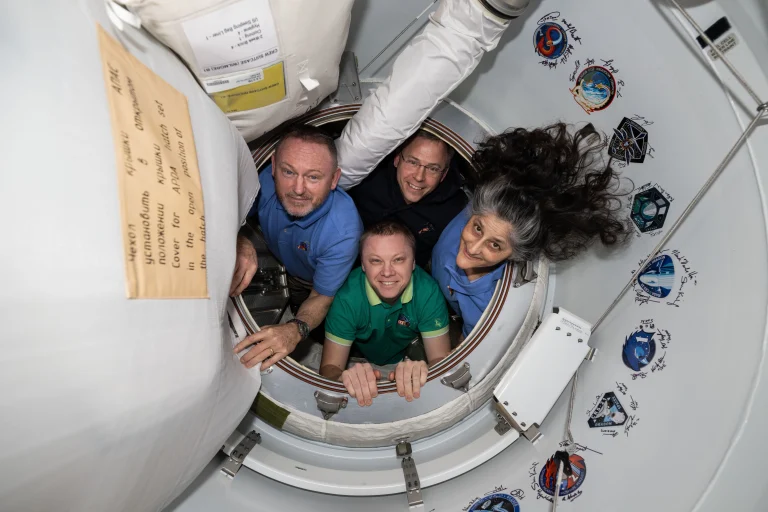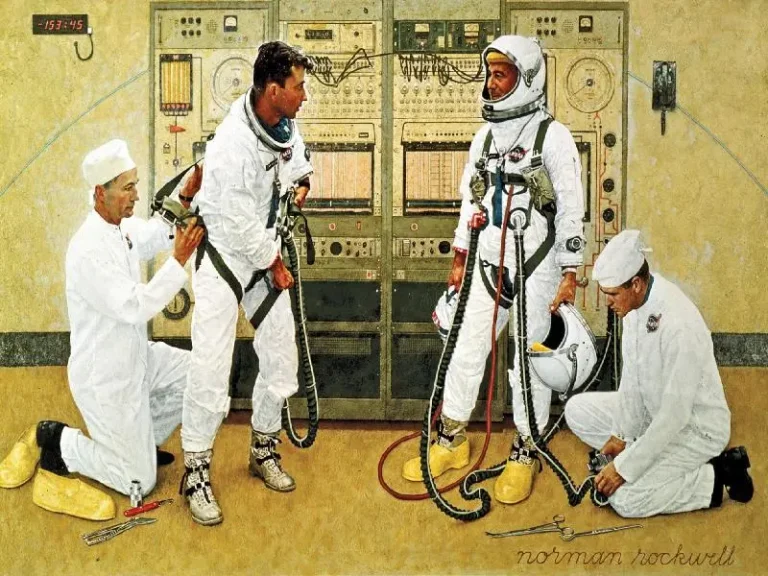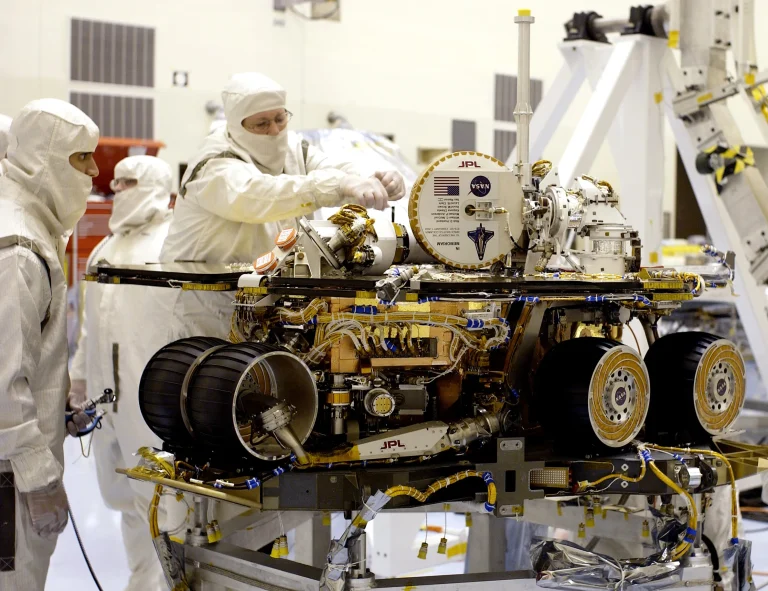“I graduated in 2008, so that job market was not super great, and I ended up with this very unusual job working for this guy who thought that he had some new theory of physics that he wanted to work on. And so I was responsible for creating little computer simulations, trying to resemble some version of his ideas. His whole thing was like a quasi-spiritual tool, looking toward science as a rationalization of different spiritual beliefs that he had about a collective consciousness and the interconnectedness of things.
“As I worked for him longer and met a bunch of other people who were trying to put various spiritual beliefs on scientific footing, I got interested [and thought] maybe this could be studied as a cultural thing. What’s going on here with the desire to scientifically explain spiritual beliefs that they have? What’s the dynamic going on there? That’s what led me into eventually going to grad school for anthropology. I studied the way that science gets conceptualized and interpreted to rationalize spiritual and religious beliefs.
“I had this sort of unconventional trajectory [to NASA]. I didn’t really set a target on something to pursue it. The other thing that might be surprising is that I’ve been insecure about it at every single stage. You know, there’s the whole impostor syndrome thing, and I didn’t feel like I was qualified to be here because I didn’t have some sort of traditional path or because my educational background looks different than that of most of my colleagues. But I’m now at a place where I’ve come to understand that’s true for everyone.”
– Garrett Sadler, Human Factors Researcher, NASA’s Ames Research Center
Image Credit: NASA/Bradon Torres
Interviewer: NASA/Tahira Allen
Check out some of our other Faces of NASA.
“我于2008年毕业,当时的就业市场并不理想,最后我找到了一份非常特别的工作,为一个自称有新的物理理论的人工作。他认为自己有一些新的物理学理论需要研究。我的职责是创建一些小的计算机模拟,试图再现他的一些想法。他的理论像是一种准精神工具,试图通过科学来合理化他关于集体意识和万物互联的各种精神信仰。
“随着我为他工作时间的增加,接触到更多试图将各种精神信仰建立在科学基础上的人,我产生了兴趣[并认为]也许这可以作为一种文化事物来研究。这些人为何有科学解释其精神信仰的渴望?这里发生了什么?这促使我最终决定攻读人类学研究生。我研究了科学如何被概念化和解释以合理化精神和宗教信仰。
“我到NASA的道路有些不寻常。我并没有明确设定一个目标去追求它。可能令人惊讶的是,在每一个阶段我都感到不安。你知道,这就是所谓的冒名顶替综合症,我觉得自己没有资格在这里,因为我的道路不够传统,或者因为我的教育背景与大多数同事不同。但现在我理解了,其实每个人都是如此。”
——加勒特·萨德勒(Garrett Sadler), NASA艾姆斯研究中心人为因素研究员
图片来源:NASA/Bradon Torres
采访者:NASA/Tahira Allen







